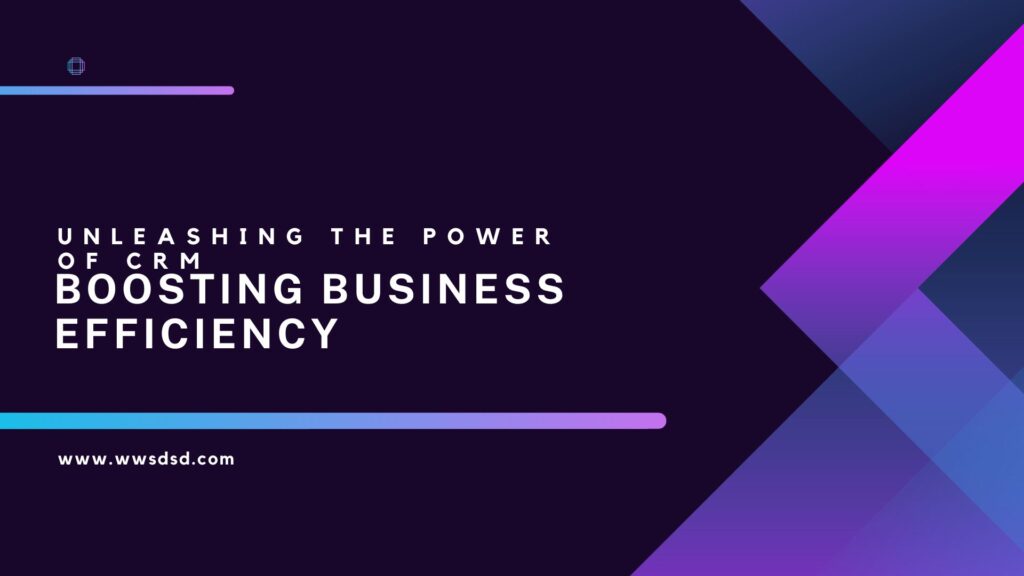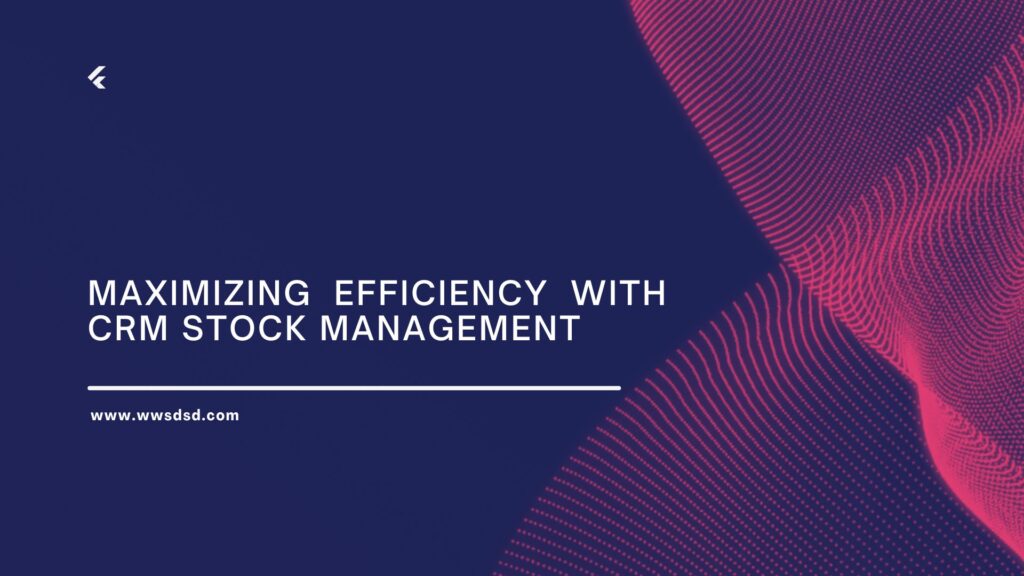Hey there, I’m Amaury Muñoz, a digital creator who’s been knee-deep in the world of online tools for over five years now. Back when I launched my first content series, I was juggling emails, leads, and client notes in a chaotic Google Sheet—sound familiar? It felt overwhelming, like trying to herd cats while blindfolded. That’s when I discovered the magic of a good CRM (that’s customer relationship management software, for the uninitiated). It didn’t just organize my chaos; it helped me nurture real connections and grow my audience without burning out.
If you’re staring at a mountain of contacts and wondering how to pick the right CRM for your industry, I get it—it’s exciting but scary. Don’t worry, friend. In this guide, we’ll break it down simply, like we’re chatting over coffee. We’ll explore what to look for, spotlight top picks for key industries, and share tips that saved my sanity. By the end, you’ll feel empowered to choose a tool that feels like an extension of your business, not a tech headache.
What Makes a CRM the Right Fit for Your Business?
Choosing a CRM isn’t about grabbing the shiniest app—it’s about finding one that hugs your workflow tight. Think of it as your digital sidekick for sales pipeline management, lead tracking, and customer nurturing. But every industry has its quirks: real estate agents need deal trackers, while e-commerce folks crave inventory syncs.
Understanding Your Industry Needs
You know your world best, but let’s pause for empathy—I’ve been there, second-guessing every feature. Start by asking: What pains me most? For service-based gigs like consulting, it’s follow-ups. In retail, it’s repeat buyer loyalty. Tools like semantic search in modern CRMs can even predict customer behavior, making your outreach feel personal, not pushy.
Pro tip from my trial-and-error days: Map your day-to-day. Jot down must-haves like mobile access (because you’re always on the go) or HIPAA compliance if you’re in healthcare. This keeps you grounded.
Key Features to Look For
No one wants a bloated beast. Focus on these essentials for real value:
- Intuitive Interface: Easy onboarding means less frustration—aim for drag-and-drop pipelines.
- Integration Magic: Syncs with email, calendars, or e-commerce platforms like Shopify save hours.
- AI Smarts: Predictive analytics for lead scoring? Game-changer for spotting hot prospects.
- Scalability and Pricing: Free tiers for starters, but check growth paths—I’ve outgrown cheap tools too fast.
- Reporting Dashboards: Visual insights into customer journeys, not just raw data.
Remember, the best customer relationship management tools evolve with you. Test free trials; they’re your low-risk BFF.
Top CRM Platforms for Small Businesses
If you’re a solopreneur or tiny team like I was early on, you need something affordable and forgiving. Overwhelmed by options? HubSpot’s free plan was my lifesaver—it handled my first 500 subscribers without a dime. Here’s what shines in 2025:
- HubSpot CRM: Versatile for marketing-sales alignment. Best for beginners with its user-friendly setup and unlimited contacts. Personal insight: It turned my scattered newsletters into targeted campaigns, boosting opens by 30%.
- Zoho CRM (Bigin Edition): AI-powered lead tracking at a steal. Ideal for growing teams—customizable without coding. I love the mobile app for on-the-fly notes.
- Pipedrive: Sales-focused with visual pipelines. Great if you’re pipeline-obsessed; easy to use, no steep curve.
- Less Annoying CRM: Simple, no-frills joy. Unlimited users for one flat fee—perfect if tech intimidates you.
Encouragement: Start small. These won’t break the bank and scale as you do. You’ve got this!
Best CRMs for Real Estate Pros
Real estate? It’s all about relationships and timely follow-ups—miss one, and poof, that dream client ghosts you. I once helped a buddy in property flips; his old spreadsheet led to lost deals. Industry-specific CRMs fix that with MLS integrations and transaction trackers.
Top picks for 2025:
- Wise Agent: One-stop for agents—drip campaigns, transaction management. Affordable and mobile-first; my friend swears it doubled his closings.
- Follow Up Boss: Lead routing wizard. Automates texts and calls—vital for hot markets.
- Pipedrive: Customizable for deal stages. Pairs well with IDX sites for seamless property searches.
- HubSpot: Free entry with marketing tools. Great for nurturing long-term buyer lists.
Practical tip: Prioritize open houses? Look for event scheduling. You’re building homes and trust—choose tools that amplify both.
CRM Solutions Tailored for Healthcare
Healthcare’s high-stakes: Patient privacy (hello, HIPAA) and empathetic follow-ups matter. As someone who’s collaborated with wellness creators, I know one data breach can shatter trust. Go for compliant platforms that feel secure yet simple.
Standouts in 2025:
- Salesforce Health Cloud: Enterprise-level patient engagement. Custom workflows for appointments and care plans—robust but scalable.
- HubSpot for Healthcare: Free basics with secure data handling. Ideal for small practices tracking referrals.
- Zoho CRM: Affordable analytics for patient journeys. Integrates with telehealth—keeps things personal.
- Microsoft Cloud for Healthcare: AI-driven insights. Best for larger clinics syncing with EHR systems.
Honest insight: Implementation felt daunting at first, but starting with a pilot group eased the nerves. You’re caring for people—your CRM should lighten that load, not add to it.
Manufacturing Must-Haves: Top CRMs
In manufacturing, it’s supply chains, quotes, and repeat orders—delays cost real money. I consulted a small maker once; their siloed tools led to stockouts. Look for inventory-linked CRMs to streamline B2B sales.
2025 winners:
- Nutshell: Sales management pro with unlimited contacts. Tracks quotes to fulfillment beautifully.
- Zoho CRM: AI for forecasting demand. Integrates with ERP—my client’s lead time dropped 20%.
- Pipedrive: Visual deal tracking. Simple for field sales reps chasing parts approvals.
- Insightly: Workflow automation for custom orders. Strong for mid-sized ops.
Tip: Test integrations early. Honest talk: It took me two weeks to sync everything, but the efficiency? Worth every tweak.
E-commerce Essentials: CRMs That Boost Sales
Online selling? Cart abandonment and loyalty are your battles. When I pivoted to digital products, a CRM that synced with my store was a revelation—personalized upsells turned browsers into buyers.
E-commerce faves for 2025:
- HubSpot CRM: #1 for omnichannel tracking. Free email sequences that feel bespoke.
- Salesforce: Extensible for big shops. Commerce Cloud tie-ins for abandoned cart recovery.
- Zoho CRM: AI product recommendations. Budget-friendly for Shopify users.
- Ontraport: Automates transactions. Perfect for digital goods like mine—handles funnels end-to-end.
Encouragement: You’re creating value in a crowded market. A CRM that knows your customers’ preferences? It’s your secret edge.
Practical Tips for Choosing and Implementing Your CRM
Whew, options galore—now what? From my bumpy rides, here’s what works:
- Trial Run: Spend a week migrating sample data. Does it spark joy or stress?
- Team Buy-In: Involve your crew early—resistance fades with hands-on demos.
- Budget Wisely: Factor training (many offer free resources). I skipped that once; big mistake.
- Measure Wins: Track metrics like response time pre- and post-CRM. Celebrate small victories!
You’re not alone in this. If it flops? Pivot—tools serve you, not the other way around.
Wrapping Up: Your Path to Smarter Customer Connections
Picking the best CRM platform for your industry boils down to empathy—for your team, your customers, and even yourself. Whether you’re in real estate chasing dreams or manufacturing building futures, the right tool turns «overwhelmed» into «on top of it.» Remember my early chaos? Today, my CRM feels like a trusted co-pilot, and yours can too.
Ready to dip a toe? Grab a free trial of HubSpot or Zoho—they’re gentle starters. Drop a comment below: What’s your industry pain point? Let’s chat and conquer it together. You’ve got the vision; now let’s make it stick. 🚀

